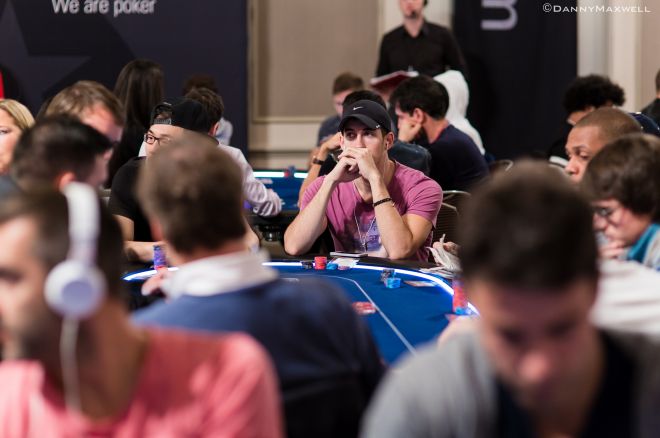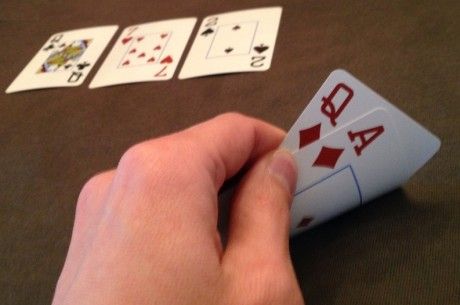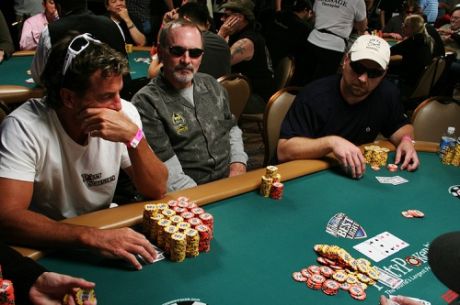Caution! Running Good Can Be Bad For Your Game


Poker players can be fickle beasts. One minute they are bemoaning their bad luck and crying about how the entire world is rigged against them; the next they are claiming to be God’s gift to poker. The new Daniel Colman, even.
Both of these extremes are caused by the dreaded “v” word — variance. I can almost guarantee that when the vast majority of poker players talk about variance they do so in a negative way, frequently using variance as a reason to explain their unexpected losses or losing streaks.
For winning poker players, it often really is variance and not bad play that has seen them lose, so they are correct to blame Lady Luck and the fickle finger of fate. Being on the wrong side of variance can be detrimental to the results of even the most seasoned professional players.
Successful pros have learned to handle such misfortune. For the rest of us, continually being sucked out on late in tournaments when losing as a favorite or running into the top of opponents’ ranges repeatedly over an extended period can inspire doubts about our games and perhaps even lead to our making suboptimal decisions in an effort to reverse the trend.
Such is human nature. We’re programmed to learn from our mistakes, to improve in everything we do. It’s how we learn to walk, to talk, to write, and eventually be better at poker. It only stands to reason that when things aren’t going our way, we are encouraged to act differently, even if doing so isn’t necessarily recommended. If you’re making the correct moves yet are not being rewarded for them (by winning), then doubt starts to creep into your game. What was previously an easy all-in three-bet suddenly becomes a hesitant all-in three-bet, and if things have been really bad you may not even three-bet at all.
But — and it’s such a big “but” that it needs elasticated sweat pants — running well can be even worse for your game than running badly, and here’s one major reason why.
When you’re running badly you will go through your game with a fine-toothed comb looking for things you or your opponent did in an attempt to have some closure. Doing so gives you a chance to find mistakes or leaks in your own play, and when you do find them you subsequently give yourself a chance to correct them.
But when you’re running well and can’t seem to do anything wrong, you’re more likely not to perform such self-analysis, putting your success down to your immense poker skills. Admit it, you do — if not, why are you nodding?
This is obviously an unhealthy balance — to think that you only lose through bad luck and only win by being a poker master. You now sound like Phil Hellmuth! Of course, some of your winning may well be due to the fact that you have outplayed your opponents, having played hands with the agile deftness of a champion fencer. But if you dig a little deeper, you’re likely to find also that at least some percentage of your winnings came from simple “run good” — e.g., from not getting sucked out on in those important spots late in tourneys and/or involving big pots.
Although this is a perfectly natural reaction to game such as poker, you need to be aware of how your results can affect your understanding of what you’re doing. You also need to ensure that you put as much work into your game, if not more, when you’re running well than when you have your back to the wall. Overconfidence in your game can also result in your making suboptimal decisions, usually of the aggressive type, and unless your hot streak continues these decisions will eventually come around and bite you on the ass!
When you have finished playing a poker session, go through your hand histories and look at the biggest pots won in addition to those lost and be honest with yourself whether you were lucky in those hands. Doing so will not only keep your feet firmly on the ground — which is never a bad thing — but will also help you to deal with losing streaks better because you will know that you do run good sometimes!
Get all the latest PokerNews updates on your social media outlets. Follow us on Twitter and find us on both Facebook and Google+!








